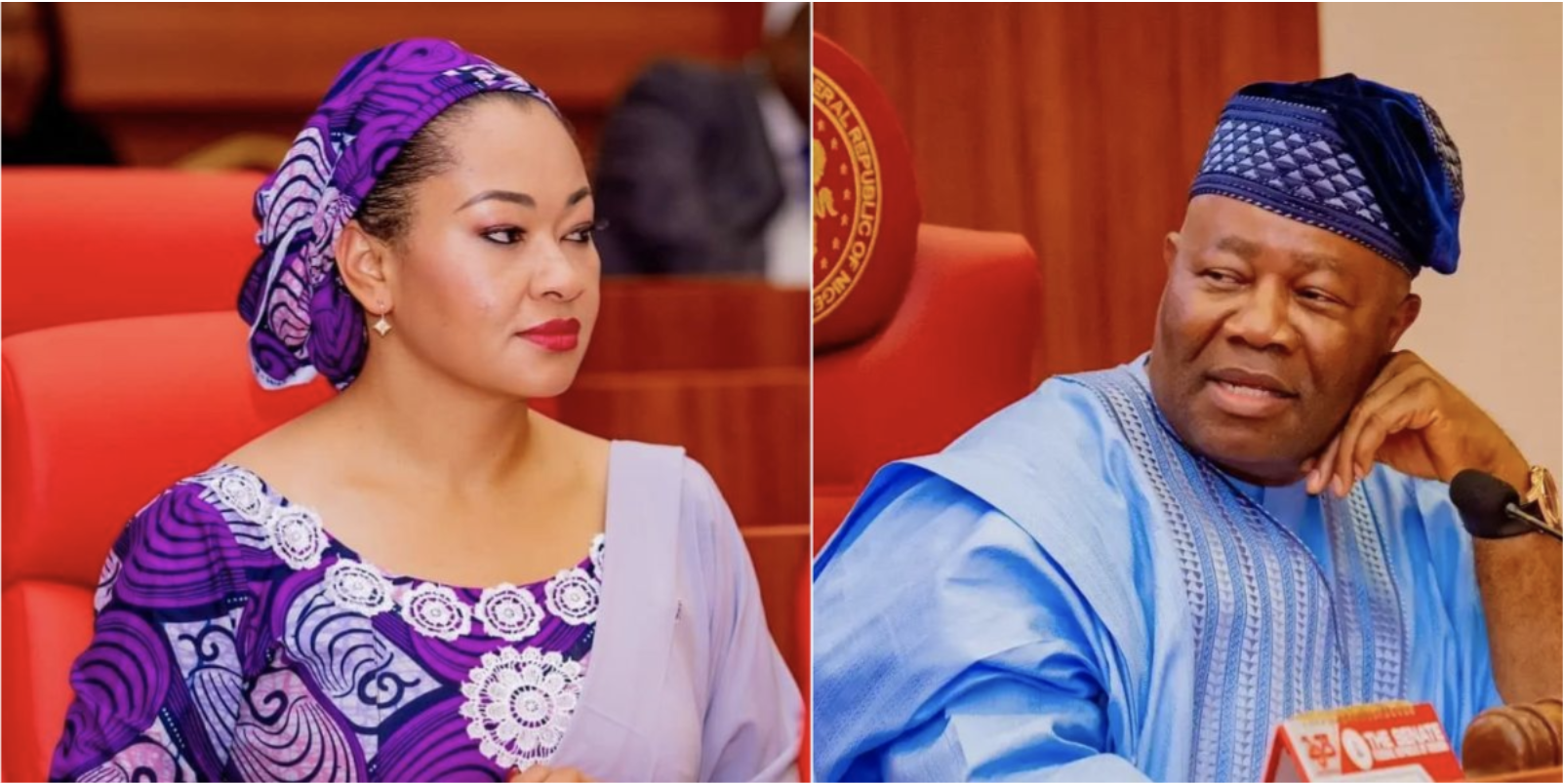Power Loss Unites Northern Elders, Spurs Coalition Efforts to Regain Control

A scathing online critique is fuelling debate about the motivations behind recent efforts to form a political coalition amongst prominent figures in Northern Nigeria.
A post circulating on social media platform X (formerly Twitter), attributed to user @Waspapping_, accuses Northern elders and politicians of consistently failing to collaborate effectively on crucial regional issues while in power, but swiftly uniting when faced with potential loss of influence.
The post, which has garnered over 22,000 views and significant engagement, alleges a pattern of inaction regarding long-standing problems within the North, including widespread insecurity, endemic poverty, the Almajiranci system (a traditional Islamic education system often criticized for leaving children vulnerable and without modern education), and the millions of out-of-school children plaguing the region.
The core argument is that efforts at unified action are primarily driven by a desire to regain control, rather than genuine concern for the populace.
“Arewa elders and politicians never form coalitions to end insecurity, poverty, Almajiranci, or the millions of out of school kids in the North,” the post reads. “But the moment they lose power, they suddenly remember how to ‘unite’ and form a coalition not for the people, but to snatch power back.”
The accusation resonates with a historical understanding of Northern Nigerian politics, often characterized by internal divisions along ethnic, religious, and socio-economic lines. While regional power blocs have existed, sustained, unified action on social and economic issues has frequently proven elusive. Critics point to past administrations where promises to address poverty and insecurity were hampered by political infighting and a lack of strategic consensus.
“There’s a degree of truth to the assertion,” says Dr. Fatima Abubakar, a political scientist at Ahmadu Bello University, Zaria. “Historically, the pressure for unity tends to increase when political stakes are highest. Unfortunately, all too often that unity is elite-driven and doesn’t translate into tangible benefits for the average citizen.”
However, some observers argue that the critique is overly simplistic. Supporters of the coalition efforts point to the complex nature of the challenges facing the North, suggesting that achieving consensus requires time and navigating diverse interests. They also emphasize that recent security challenges, including banditry and farmer-herder conflicts, have created a sense of urgency that necessitates collaboration.
“It’s unfair to suggest that nothing has been done,” argues Alhaji Musa Ibrahim, a community leader in Kano State. “These issues are deeply rooted and require long-term solutions. While more progress is needed, attempts at collaboration should be encouraged, not dismissed as purely self-serving.” He added that focusing solely on political motivation overlooks the genuine concern some leaders have for the region’s stability.
The debate sparked by the social media post highlights a critical question: how can Northern Nigeria move beyond reactive, politically motivated unity towards proactive, inclusive collaboration that genuinely addresses the region’s pressing challenges?









